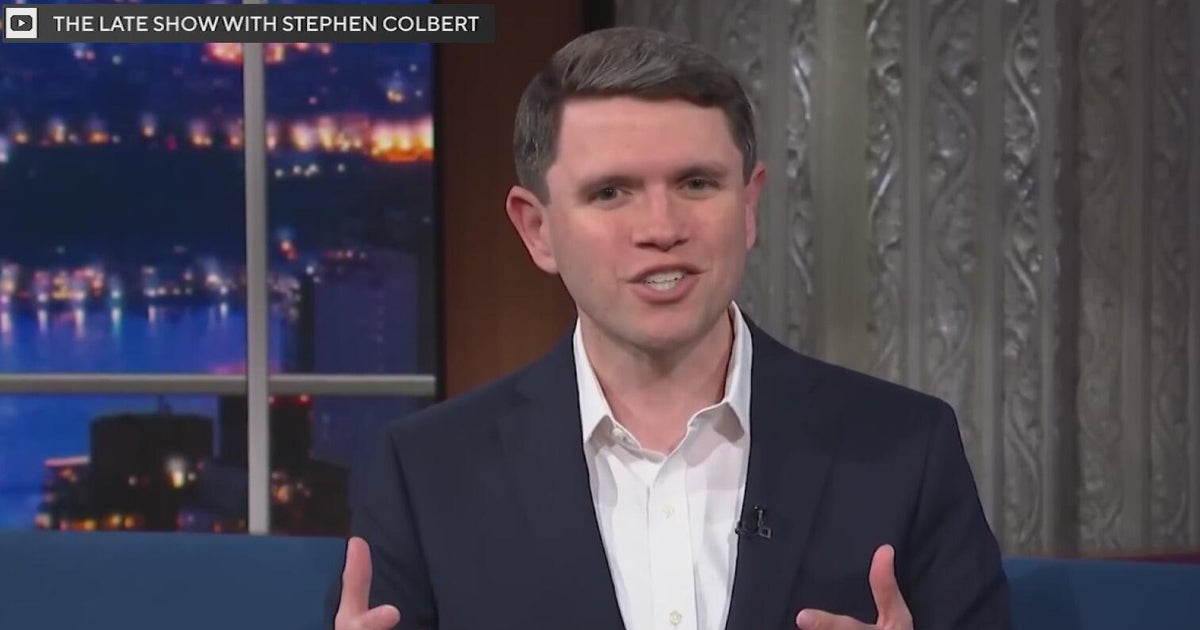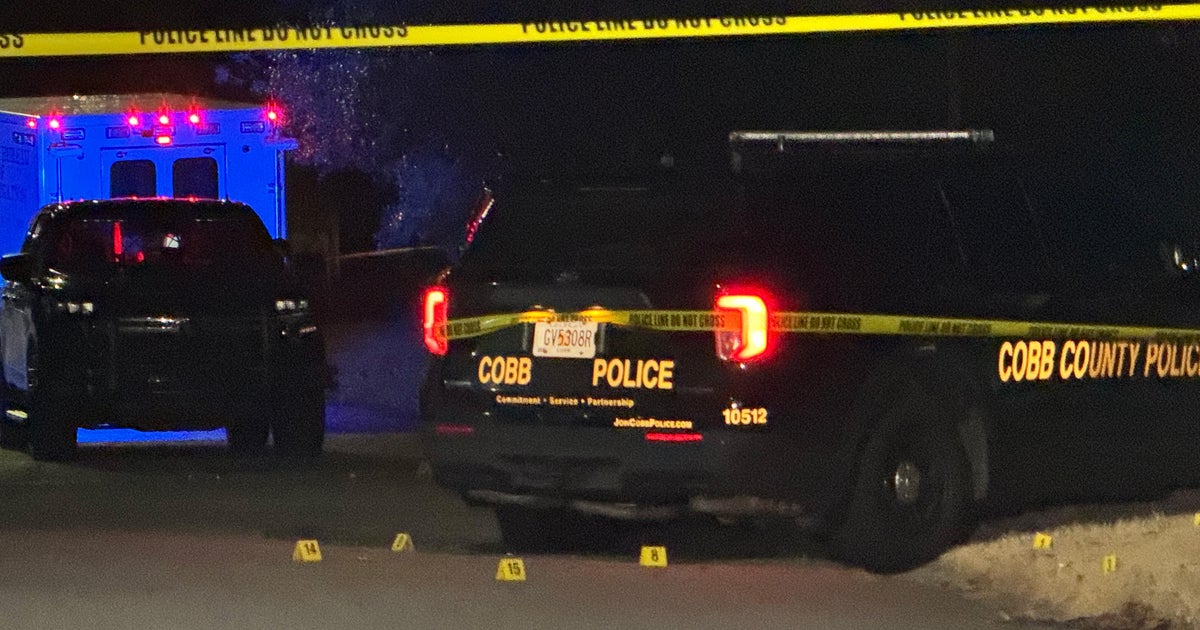Federal court voids ruling on minimum age requirements for purchasing handguns
Washington — A federal appeals court tossed out an earlier ruling that found federal laws prohibiting the sale of handguns to young adults under the age of 21 are unconstitutional, because the woman who mounted the legal battle against the minimum age requirement turned 21.
A three-judge panel on the 4th U.S. Circuit Court of Appeals said in an opinion Wednesday that the plaintiff, Natalia Marshall, turned 21 before the court could issue its formal mandate in the case, thus rendering her claims moot. The mandate consists of a certified copy of the judgment, a copy of the court's opinion and information about costs.
"Despite efforts to add parties and reframe her claimed injuries, it is too late to revive this case. So it must be dismissed as moot," Judge Julius Richardson wrote in an opinion.
The unanimous panel also instructed a lower court to dismiss the case.
"Here, Marshall challenged the prohibition on buying a handgun from a federally licensed firearms dealer while she was under 21," Richardson, appointed by former President Donald Trump, wrote. "Once she turned 21, nothing prohibited her from buying the handgun she desired from a dealer of her choice. So her original claims are now moot."
The 4th Circuit panel ruled in the dispute over the age requirements for handgun purchases in July, finding that 18-year-olds possess the constitutional right to keep and bear arms. The divided 2-1 panel said the rules at issue in the case amount to a "total ban" on buying a handgun from a licensed firearms dealer for people younger than 21.
Marshall and fellow plaintiff Tanner Hirschfeld were 19 and 20, respectively, when they challenged the federal laws and regulations setting a minimum age for handgun purchases, arguing their Second Amendment rights were violated. The two both attempted to buy handguns from licensed dealers and were denied because they were not old enough to do so.
While Hirschfeld turned 21 while the case wound through the courts, making his claims moot, Marshall was not yet 21 when the 4th Circuit ruled this summer, and the court allowed the appeal to proceed.
Marshall attempted to buy a handgun when she was 18 and was blocked from doing so because she was too young. She sought a gun after obtaining a protective order against an abusive ex-boyfriend, who had been arrested for unlawful possession of a firearm and drugs, according to court filings.
She also works as an equestrian trainer, an occupation which takes her to rural areas, and Marshall believed a "handgun's ease of carrying, training and use makes it the most effective tool for her protection," the 4th Circuit said in July.
The ruling from the 4th Circuit panel was at the time criticized by gun control groups, who argued other courts have upheld minimum age laws. The Biden administration had asked the full 4th Circuit to rehear the case.



